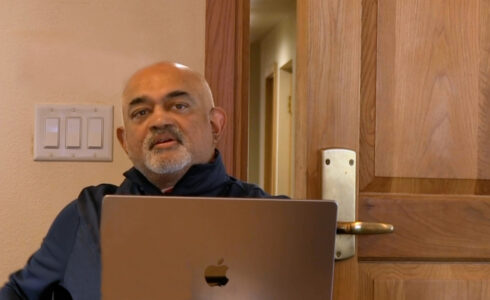
Images—both still and video—are one of the key vectors for manipulating public opinion as well as influencing leaders.
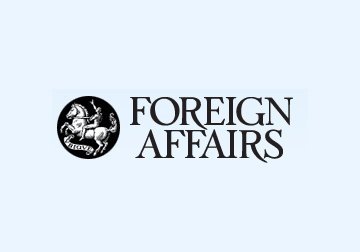
Even with Trump’s support, Moscow’s disruptive impulses have their limits.
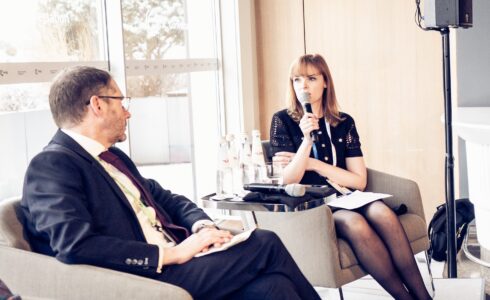
Hanna Notte represented CNS at the 2025 Munich Security Conference, which took place from 14-16 February.
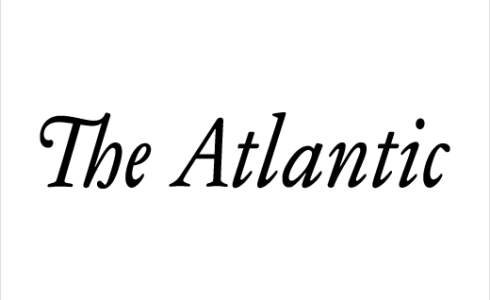
The algorithmic manipulation of users’ attention is not the same thing as actual human speech.
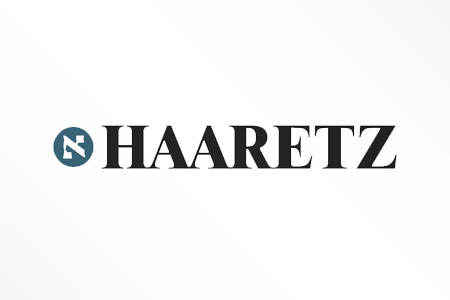
It’s a forgotten chapter in Israel’s history, now revealed in declassified documents.
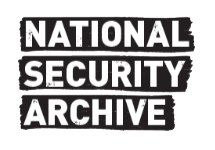
The report stated that Israel’s Dimona nuclear project would include a reprocessing plant for plutonium production and was weapons related.